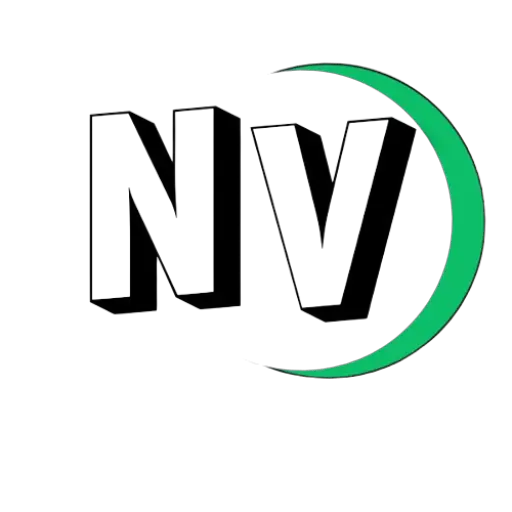The unrelenting fuel scarcity in Nigeria has triggered widespread frustration and anger among motorists, who now find themselves spending nights at filling stations just to secure fuel. The crisis has led to long queues, significant time loss, and a booming black market where fuel prices have skyrocketed to as high as N1,200 per liter.
Motorists across Lagos, from Ikeja to Victoria Island, are enduring grueling waits at gas stations, with many forced to sleep in their cars to purchase fuel at dawn. The scarcity has severely impacted economic activities, with drivers lamenting the loss of productive time that could have been better spent on other pursuits.
Mr. Monday Ejike, a commercial motorist in Abule-Egba, shared his ordeal of waiting in line since 5 a.m., while Mr. Shina Egbeyemi, a banker, had to skip church services to refuel his vehicle. Egbeyemi expressed his dismay at the ongoing hardship in a country rich in crude oil, calling the situation a national embarrassment.
The scarcity has also exacerbated traffic congestion throughout Lagos, with vehicles spending extended periods in gridlock near filling stations. In areas like Alapere, near the Third Mainland Bridge, the situation is particularly dire, with traffic backing up for kilometers.
Industry insiders suggest that the crisis may be linked to NNPC Ltd’s growing debt to oil traders, estimated at around $6 billion. The decline in cargo arrivals at Nigerian ports has further strained the supply chain, with Abuja being prioritized for fuel distribution, leading to rationing in other parts of the country.
NNPC Ltd has acknowledged the financial strain it faces due to the high cost of petrol supply, admitting that this pressure poses a threat to the sustainability of fuel availability. The company remains committed to ensuring national energy security but is struggling to maintain consistent supply amid its financial challenges.
Meanwhile, the black market for fuel is thriving, with operators buying fuel at the regulated price of N618 per liter and selling it for up to N1,200 per liter just outside filling stations. Despite a directive from the Nigerian Midstream Downstream Petroleum Regulatory Authority (NMDPRA) banning the sale of fuel in jerrycans, these illegal activities continue unabated, further worsening the hardship faced by law-abiding consumers.
The NMDPRA has threatened to revoke the licenses of filling stations that engage in illegal sales, but enforcement remains a challenge as the scarcity drags on. Motorists and other stakeholders are calling for urgent action to resolve the crisis and alleviate the suffering of Nigerians.






